
Posted on March 01, 2021
The International Association of Geomorphologists (IAG) is celebrating #IntGeomorphWeek2021 from 1-7 March. On 2 March between 09:00 and 13:00 the IAG is celebrating Young Geomorhologists (or Emerging Career Researchers) and their work. Join Mr Barend van der Merwe, a lecturer in our department,...
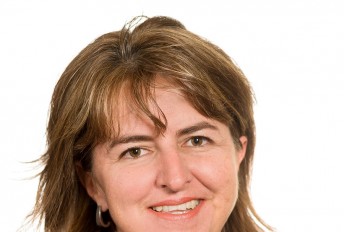
Posted on February 24, 2021
Scarce skills in Natural and Agricultural Sciences Focus on a Sensory Scientist: Prof Riëtte de Kock (Department of Consumer and Food Sciences)
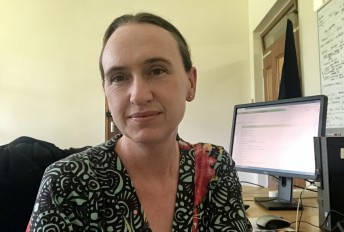
Posted on February 19, 2021
NAS Featured scientist: Prof Emma Archer Associate Professor in Geography in the Department of Geography, Geoinformatics and Meteorology

Posted on February 17, 2021
Meet Dr Jarishma K Gokul, Lecturer and Microbiome Group Leader in the Department of Plant and Soil Sciences who was appointed in the Faculty of Natural and Agricultural Sciences in January 2021.
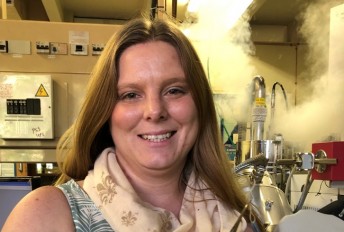
Posted on February 16, 2021
It is well documented that mosquitoes use chemical compounds present on the human skin surface to locate and ultimately bite their human host. But why do mosquitoes prefer certain individuals above others? This was the research question set out to be answered by Madelien Wooding, PhD...
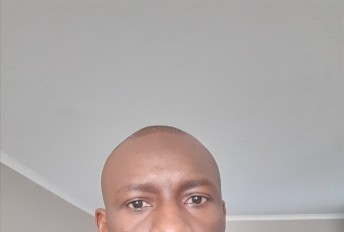
Posted on February 15, 2021
Welcome to NAS: Meet Dr Majika Jean Claude (JC) Malela who started his career at the University of Pretoria’s Faculty of Natural and Agricultural Sciences (NAS) on 6 January 2021.
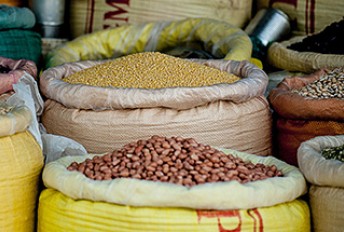
Posted on February 11, 2021
UP is representing South Africa in a 20-partner African and European consortium to boost food security and nutrition in Africa.
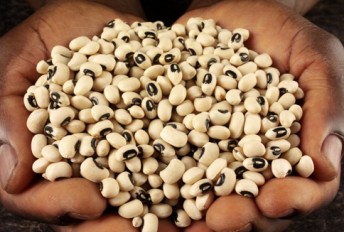
Posted on February 10, 2021
Today (10 February) is World Pulses Day. World Pulses Day is an opportunity to raise awareness of the nutritional benefits of pulses and their contribution to sustainable food systems and a world without hunger.
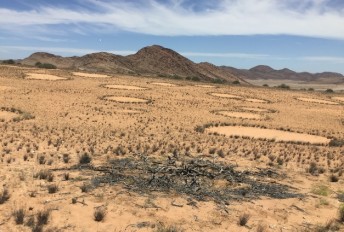
Posted on February 05, 2021
The hundreds of thousands of bare circular patches in the arid grasslands in the Namib Desert, commonly referred to as fairy circles, have puzzled the scientific community for decades. The fairy circles are mostly confined to a narrow strip, about 50 to 100 km inland from the Atlantic Ocean,...
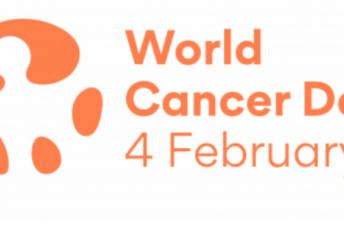
Posted on February 04, 2021
World Cancer Day - 4 February
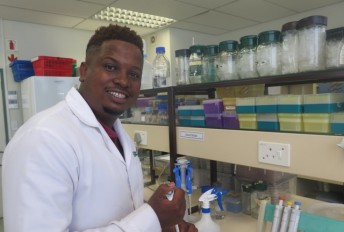
Posted on February 02, 2021
Plant pathologists are excellent problem solvers Scarce skills in Natural and Agricultural Sciences Focus on a plant pathologist: Dr Mahlane Godfrey Kgatle (Department of Plant and Soil Sciences) Postdoctoral fellow, FABI
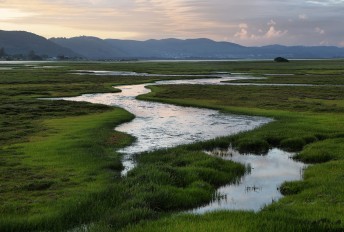
Posted on February 02, 2021
2 February is World Wetlands Day. This year’s theme is Wetlands and Water. The Faculty of Natural and Agricultural Sciences at the University of Pretoria (UP) also celebrates this day and wants to increase awareness and support for the vital role that wetlands play in our daily lives.

Posted on January 31, 2021
NAS Featured scientist: Prof Willem Landman Professor in Meteorology in the Department of Geography, Geoinformatics and Meteorology

Posted on January 29, 2021
Dr Samkelo Malgas started his career at the University of Pretoria’s Faculty of Natural and Agricultural Sciences (NAS) on 1 December 2020.

Posted on January 29, 2021
Ms Julia Tlou is First Technical Assistant at the University of Pretoria’s Faculty of Natural and Agricultural Sciences (NAS) from 1 January 2021.
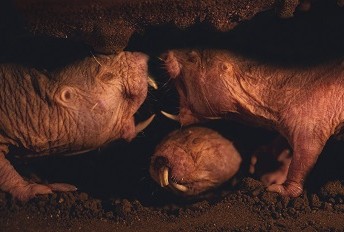
Posted on January 29, 2021
A study by a team of scientists at the Max Delbrück Center for Molecular Medicine (MDC) in Berlin, Germany and the University of Pretoria (UP) has found that naked mole-rats can communicate with one another within their own colony. They do this with a unique dialect that is specific to that...

Posted on January 28, 2021
A start-up company founded by two postgraduate UP students, incubated by UP’s TuksNovation, is starting to turn heads in the natural skincare products market.

Posted on January 27, 2021
UP’s Professor Elna Buys and Professor Riëtte de Kock are currently the president-elect and vice-president, respectively, of the South African Association for Food Science and Technology.
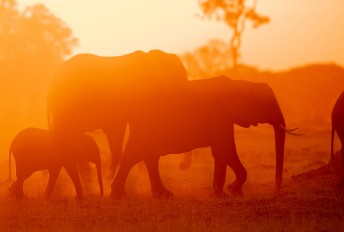
Posted on January 25, 2021
An international study led by the University of Pretoria’s (UP) Professor Rudi van Aarde suggests that the mass die-off of 350 elephants in one area of northern Botswana last year could be attributed to the fencing-in of these animals.

Posted on January 11, 2021
The discovery involves the identification of unique compounds that are able to kill several stages of the malaria-causing parasite and can block the transmission of the parasite between humans and mosquitoes.
Copyright © University of Pretoria 2025. All rights reserved.
Get Social With Us
Download the UP Mobile App